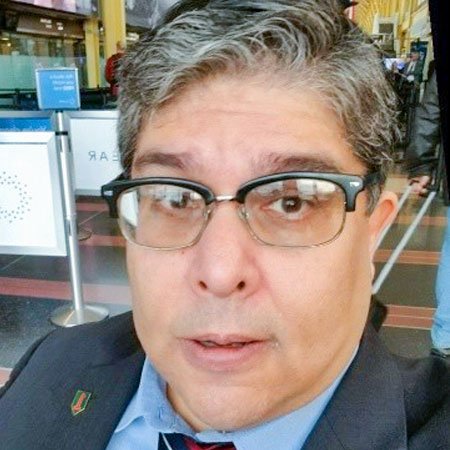As the Ivy League has made a point of despising America, it is no surprise they are funded by our adversaries. Helen Raleigh of the Federalist fills us in.
A jury on Tuesday found Harvard professor Charles Lieber guilty on six counts related to payments he received from a Chinese government talent program, delivering a win for the U.S. government. https://t.co/XQ1q8saIyS @ByronTau @aviswanatha
— Kate O'Keeffe (@Kate_OKeeffe) December 22, 2021
Raleigh: Charles Lieber, chair of the Department of Chemistry and Chemical Biology at Harvard University, was recently convicted on multiple counts, including lying about receiving payments from the Chinese government’s “A Thousand Talents Project.” His conviction should serve as a wake-up call to U.S. scientists, universities and research institutes.
Lieber specializes in nanoscience, which studies tiny things. Nanotechnology is the application of nanoscience and can revolutionize a diverse range of fields, from health care to manufacturing. Lieber’s work was credited with helping develop “bio-nanoelectronic sensors capable of detecting diseases down to the level of a single infectious virus particle.” Lieber won numerous awards, and he and his collaborators own more than 35 patents.
As one of the nation’s top scientists, Lieber received more than $15 million in grants from the National Institute of Health (NIH) and the Department of Defense (DOD). Part of these grants’ requirements is the disclosure of significant conflicts of interest, including financial support from foreign entities. Yet Lieber failed to disclose his position as “Strategic Scientist at Wuhan University of Technology (WUT) in China” and his participation in China’s “A Thousand Talents Project” (TTP) from 2012 to 2017.
The Chinese government launched TTP in 2008 to “attract, recruit and cultivate high-level scientific talent in furtherance of China’s scientific development, economic prosperity, and national security.” TTP is under the direct management of the Chinese Communist Party (CCP). The program usually targets experts and leading researchers who work in strategically important fields, such as artificial intelligence (AI), regardless of nationality or ethnicity. TTP enables the CCP to exploit the Western democracies’ openness and academic freedom to get hold of leading technology and research development from abroad.
Lieber’s case is a typical example of how TTP works. The court document shows that WUT paid Lieber a $50,000 monthly salary, an estimated $150,000 in annual living expenses, and more than $1.5 million to set up a research lab in China. In return, Lieber was required to work for WUT at least nine months a year. His responsibilities included “declaring international cooperation projects, cultivating young teachers and Ph.D. students, organizing international conference[s], applying for patents and publishing articles in the name of” WUT.
It is not illegal to accept funding or even be on a foreign university’s payroll. However, Lieber is required by law to disclose these financial transactions when working on projects sponsored by NIH and DOD. Yet, Lieber not only failed to disclose his relationship with WUT and TTP voluntarily, but he also repeatedly denied such relationships existed when questioned by NIH and DOD multiple times.
Lieber wasn’t the only TTP recruit who hid his compensation and engagement in China. Many TTP participants do not disclose either their involvement with the TTP or any financial rewards they receive. For example, officials at the Texas A&M University System found that more than 100 faculty at its schools were involved with TTP, but only five had disclosed their participation…
Therefore, U.S.-based scientists, universities and research institutes cannot regard their collaboration with Chinese counterparts as innocent scientific exchanges. They must recognize the severe geopolitical risks and moral implications of these cross-border collaborations. They have to do their part not to enable an authoritarian regime to threaten democracies and liberal values with their technical know-how.

Join the Discussion
COMMENTS POLICY: We have no tolerance for messages of violence, racism, vulgarity, obscenity or other such discourteous behavior. Thank you for contributing to a respectful and useful online dialogue.
Kick all the traitor professors out of colleges for the good of the country. They should live in China